When it comes to disasters that homeowners fear, there are not many that are more dreaded and terrifying than a slab leak. A slab leak is a leak in the plumbing that’s built into your home’s foundation, which is usually a slab of poured concrete. Slab leaks are caused by a number of different things: land shifting, ground settling, earthquakes, and even shifting caused by flooding or water intrusion can all cause these plumbing lines to become misaligned, crack, or start leaking in some other way. A slab leak can not only seriously run up your water bill, but cause major damage to your property that can cost thousands of dollars to repair. You shouldn’t hesitate to call a plumber and get it fixed as soon as possible if you have one.
However, while many people know about the major downsides to a slab leak, there are other consequences which are not as well-known. On this blog, we’ll take a look at just a few of them and discuss what you can do to prevent them.
Mold Infestation
A source of moisture, a source of food, and protection from the harmful radiation of the sun. Those are the three things that mold needs to take root and begin to spread. Slab leaks can create these conditions with ease. Mold can grow in everything from the soil beneath your home to the sheetrock that makes up the walls in your home. And because the mold colony is constantly being fed water from the leaky pipe in your slab, it’s easy for mold to quickly take root, grow, and spread until you’ve got a gigantic infestation.
To make matters even more difficult, a slab leak may create a mold infestation where it can seriously impact the health of you and your family, but you may not be able to figure out why. Infestations in crawl spaces beneath homes (which can be caused by slab leaks as well as infestations beneath slabs can cause mold spores to escape and work their way up into your home, where they then take root and spread where they can’t be seen. Tracking down these infestations is no small task, and getting rid of them isn’t either: you’ll need the help of a Bradenton mold remediation professional.
Sinkhole Creation
Florida leads the nation in a lot of strange statistics, but one of them is a rather alarming one: the frequency of sinkholes. Geologists believe this phenomenon has to do with Florida’s soil having a much looser layer of gravel located beneath the top soil, which creates much bigger space gaps that give way, creating the extraordinarily dangerous sinkhole that swallows up a massive chunk of land.
A slab leak accentuates this problem. When water leaks out of the slab beneath your home, it has nowhere to go. That means it’s likely only going to penetrate further and further down into the soil, where it may encounter one of these spaces. When water causes the land beneath your home to shift, these spaces may close up and you may suddenly face a massive sinkhole in the land beneath your home. Granted, this is an especially rare phenomenon, but it’s something that every Florida homeowner needs to be aware of, and a risk that is only furthered by a slab leak.
Ruined Property
Slab leaks have the unfortunate tendency to keep themselves hidden until they’ve already ruined a good amount of your property. Are you noticing that there’s an unexplained wet spot on your carpet? Is water seeping its way up from beneath the slats in your wood floor? These are both signs of a slab leak, and also probably a sign that the flooring around this area has been ruined as well. Wood warps when it gets wet, and carpet could prove to be a huge source for mold growth. You’re probably going to need to replace them.
A slab leak can also ruin anything you have on the floor in those areas as well. Whether it’s furniture, important papers and documents, sentimental objects, or anything else, a slab leak in the wrong spot can be absolutely devastating.
If you’ve suffered serious flooding from a slab leak and are dealing with hazards like mold and mildew, trust the Bradenton mold remediation experts at Flood Pro’s, USA to get things fixed and back to normal! Call us now to get the service you need.
Tags
Subscribe to Flood Pros USA's Blog

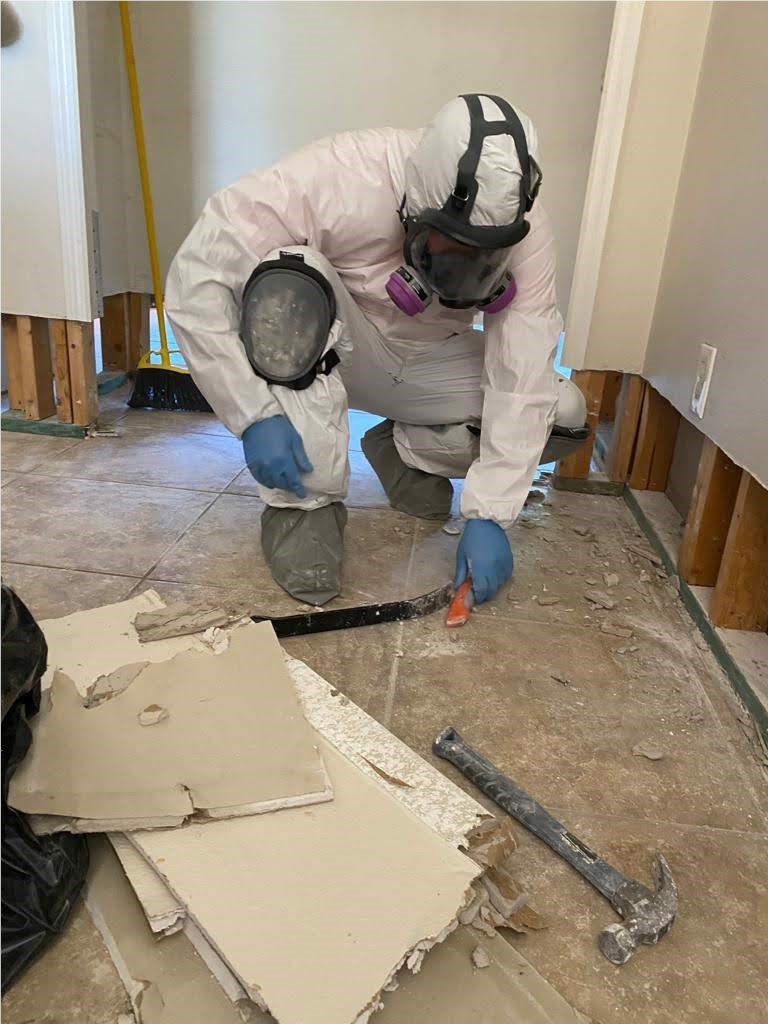
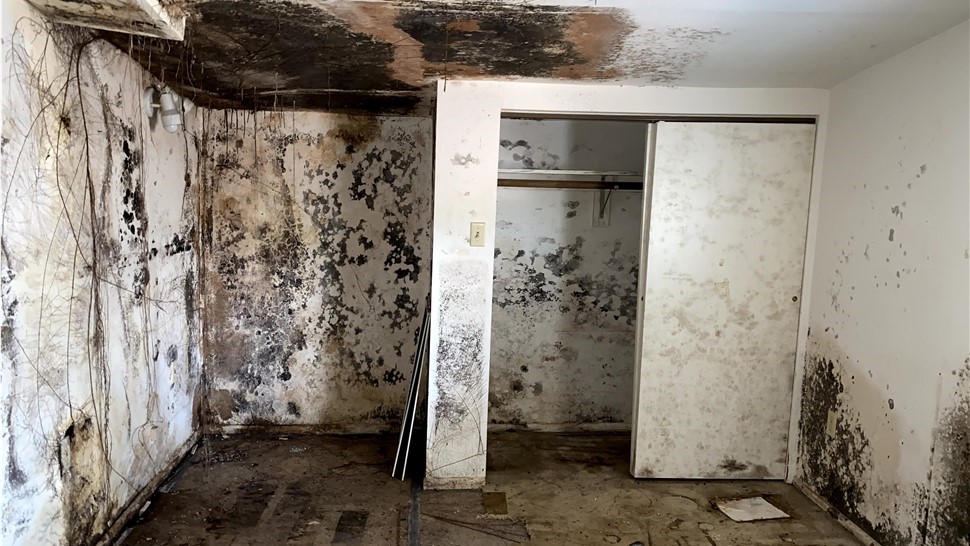
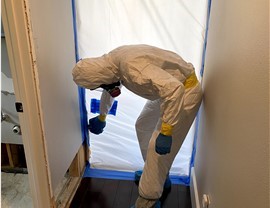
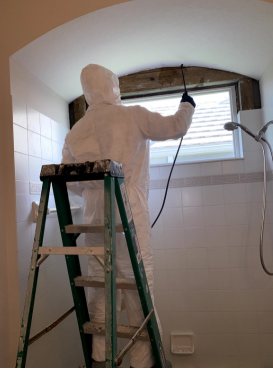
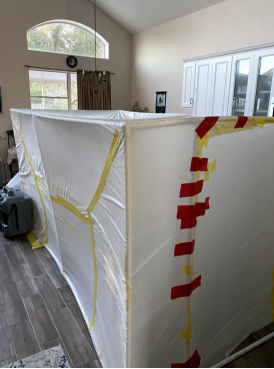

Comments